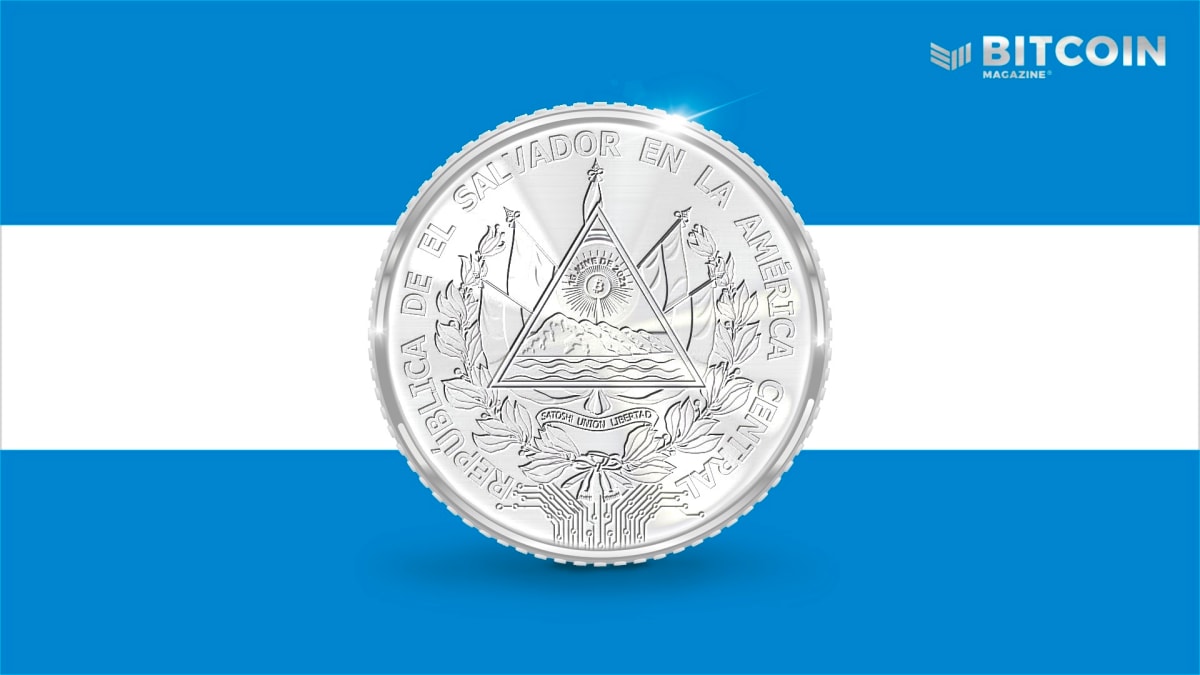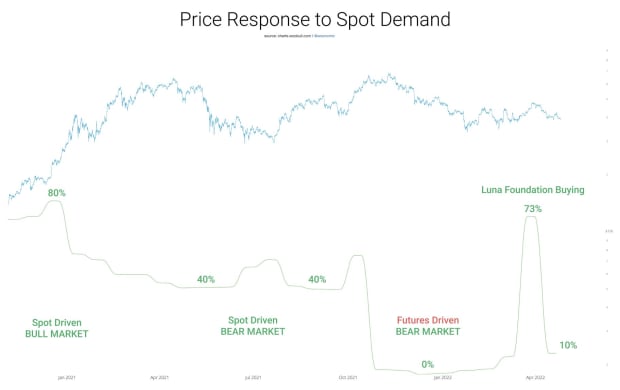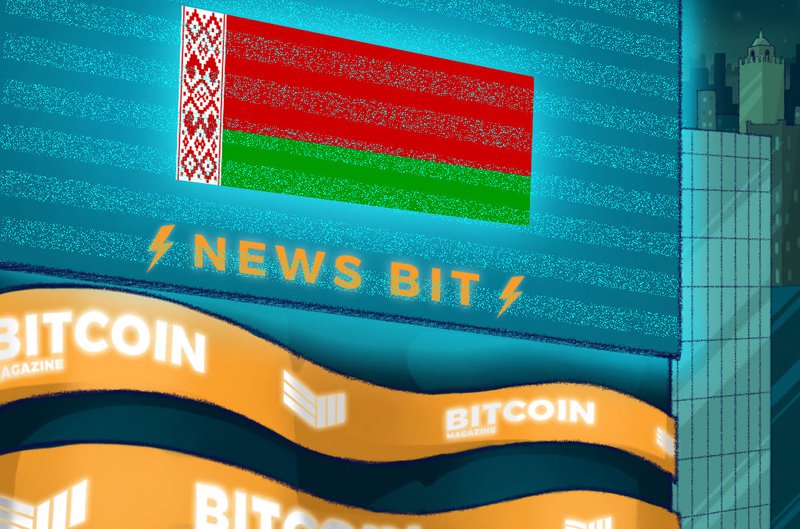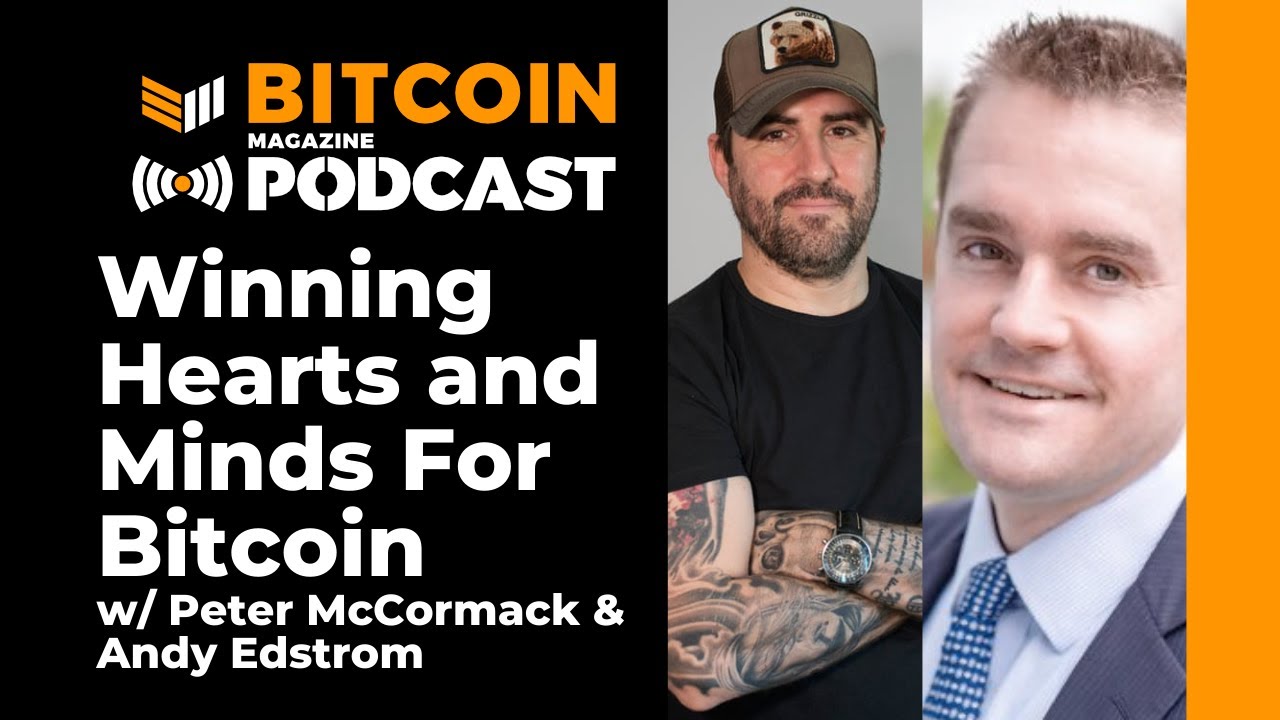Bitcoin Revives The American Dream
With so much turmoil in our country, Bitcoin presents an opportunity to regain our societal foundations.
Bitcoin revives the American dream.
It’s a strong claim, I know.
How would you describe the current landscape of relationship building, and family formulation? Typically within my circles it’s met with anxiety and a general lack of excitement. Why do we think this is?
I think that fiat problems have permeated every single inch of our lives. We (as a collective society) are spending more money than we have, to purchase goods that we don’t need, in order to impress people we don’t know, by pretending to live lives that aren’t real. All for clicks and attention.
I am of the opinion that this has caused the experience of attempting to find a mate to be so emotionally and intellectually draining that individuals are just completely abstaining from the process in general. Consider this; when large numbers of individuals are projecting lives that attract you and excite you, but then … once you gain access to one’s life, and you realize that the basis for the first impression(s) were a fiction. To the extreme end, this means that the basis for the relationship was established upon a lie. If anybody has ever seen a building collapse due to a shoddy foundation — it’s not a successful recipe for the future, essentially making the failure of the structure an inevitability, not just a possibility.
So, the next question is, “Why is this happening?” Why are individuals attempting to project false lives in order to garner attention? Well there’s a few answers to this, that are all playing out simultaneously. But I believe there is one, sole reason that is of the utmost importance when compared to all of the others — money. The average, single citizen can not afford to live a life that is not only socially desirable, but be capable of accumulating wealth at the same time. An individual has rent, phone bills, health insurance, car payments, etc., that all can run nearly at similar costs to each other. All the while wages have atrociously failed to keep up with inflation — shout-out to Ben Prentice & wtfhappenedin1971.com for their work detailing the disparities. When we take that into account, it is very easy to see how an average individual’s cost of living expenses can easily exceed average incomes.
All of this boils down to many barriers that provide lots and lots of friction, in the form of stress, to the very essential and important aspect of life – finding a partner, and raising children. What can be done to fix this problem? Fix the money. Fix the money, and return power to the nuclear family — shoutout to Marty Bent and Matt Odell for being the ones to attract my attention to the structure and importance of the nuclear family.
Marty touches on this subject in a podcast with Whitney Webb, — which can be found here — it should be known that this is not the only instance of the family discussion being brought up in bitcoin conversation, especially on the TFTC podcast.
I am of the belief that the importance of the nuclear family structure has been getting parsed in an intellectually — and philosophically — dishonest manner, and this is not with regard to what type of structure the family has, nor with regard to the sex/gender of the parents/gaurdians.
Having a structured familial environment plays multiple important roles, both in the aspects of child-rearing and special propagation but also from a societal angle. In order for humanity as a species, and America as a beacon of Freedom, to continue charging headlong into the future and further prosperity for all parties; we need healthy families. Why is this?
I am an individual that truly believes that each and every person is capable of greatness — this greatness is not a reflection of the morality of their impact, but of the scope. In order for said members of society to reach this potential, a structured home environment is necessary, not just for learning the basics of human functioning and socialization as a child, but in order to spark those moments of wonder and exploration that ultimately lead into what can become passions. These passions are what we humans base our entire lives upon — whether it be in the form of hobbies that blossom into careers, or simple enjoyments in the privacy of a mind. Passion is what makes the man or woman. These passions become capable of shifting the very fabric of history; we do not know of the technologies that may have been invented if only “x” individuals would have been pushed to focus on a hobby that brought them enjoyment.
Now, what gets complicated with our species is that each and every family environment is different, and I am not here to claim that bitcoin can fix those problems. But what bitcoin does do is create a monetary environment capable of allowing the individual to thrive.

Image source
Once a citizen is capable of individual wealth accumulation via a simple vehicle such as saving, and which doesn’t get rapidly diminished in purchasing power, it allows for one to build-up a capital cushion that can serve to provide both psychological contentment, as well as allow for the individual to look forward to the future – at seeing a better life ahead of them as an attainable possibility.
When this relationship is brought back to reality for the individual, it becomes an even greater force for allowing for a successful and happy family establishment. How many marriages have fallen apart due to money problems? Arguments over money is a significant root cause for a large percentage of divorces amongst Generation X and boomers alike.
Bitcoin is the asset that can pull the American Dream out of the filth of nihilism (which we currently find ourselves in), and elevate it onto the horizon of the rising sun (“…at dawn, look to the East”), placing a better future in view, worthy of optimism. It is a dark moment in history when an entire population — or an entire society — begins to believe that the future amounts to nothingness, to the point of this belief becoming commonplace. For without belief in a future being better, and without the perceptiveness to see a “way out” of their current environment — this is what many would call a “devil’s playground.” Where cases of depression run rampant as individuals lose hope, and where cases of drug abuse and addiction skyrocket as people seek to flee their current environment through an altered state of mind. A society where monetary flourishing is capable may not be completely free of these scenarios for all of her citizens, but it can dramatically reduce them. How many of us have friends, family and loved ones that are plagued with depression or addiction and just cannot see a way out? How many do we know that are putting off family formation due to economic hardship?
I believe that if we Fix the Money, we can indeed Fix the World. Bitcoin brings a worldview of family life back to those glory days of Post World War II America. Where families are booming, communities are thriving, and each of our futures are only limited by the scope of the imagination.
It bears mentioning that this also makes the “American Dream” attainable to anyone and everyone, regardless of geographic location because of bitcoin’s decentralization, uncensorable nature, and incapability of being seized.
Bitcoin brings the American Dream back into relevance for today, on a global scale.
Bitcoin provides optimism for a wealthier, more efficient, more fair tomorrow.
Bitcoin is hope for a better future.
This is a guest post by Mike Hobart. Opinions expressed are entirely their own and do not necessarily reflect those of BTC, Inc. or Bitcoin Magazine.








